It can be unsettling if your truck starts making loud clicking noises after you've turned the engine off. What causes this strange phenomenon and is there something you should do? We've researched this topic, and here is what we found.
When a car produces clicking noises after you shut it off, the components are usually cooling down after a hot ride. The car's metal components shrink as they rapidly cool, which causes the clicking noises. However, the following can also be the reasons why your car is acting that way:
- There is damage to the head gasket.
- The oil level in your car is low.
- There are loose components.
- Broken starter
But how do these factors contribute to making your car make that clicking sound? Keep reading as we elaborate on this for you and what to do about it. We'll also discuss what could be wrong if you hear a clicking sound when you're driving, the car is idling, or when it won't turn on.
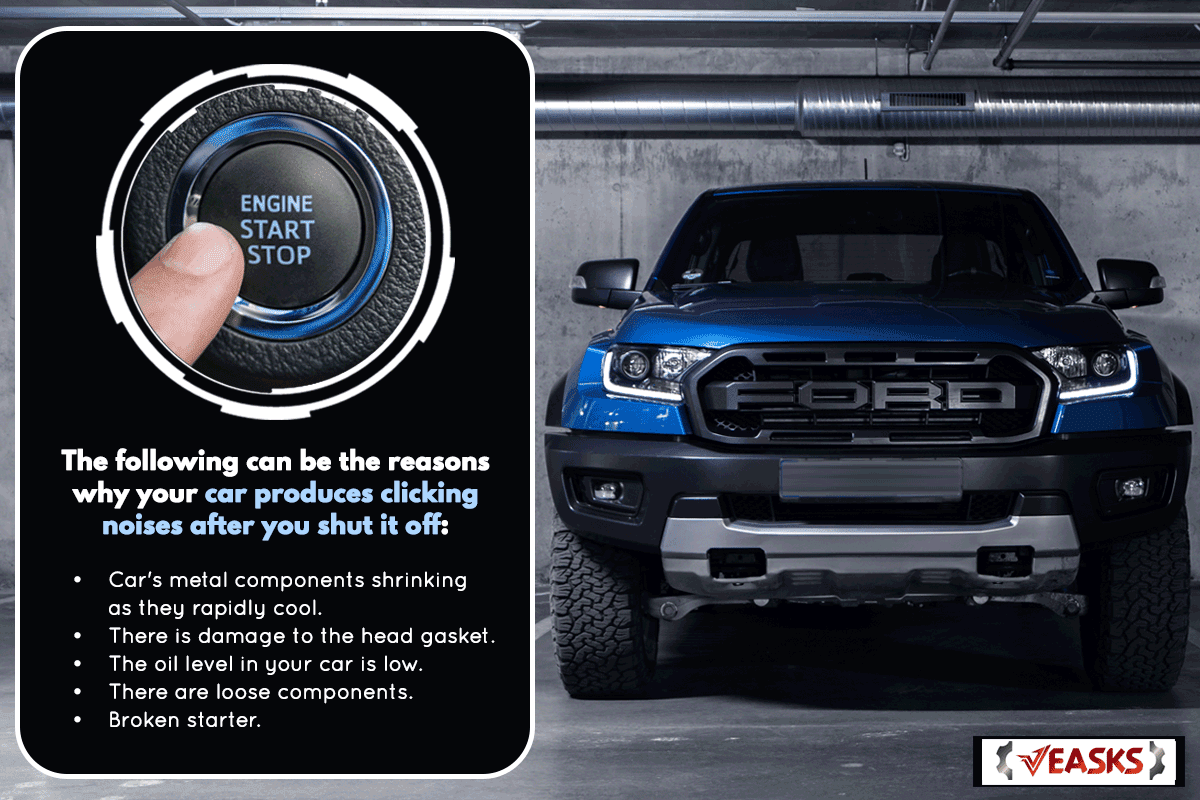
What Happens When You Have A Damaged Head Gasket?
A cracked or ruptured head gasket can cause numerous strange events, including strange sounds after you shut off the engine. If there is a rupture in the head gasket, you might hear noises while driving or when you park your car.
Yes, the hot coolant liquid is the source of the noise. A damaged head gasket can also generally impact how well your car's engine runs.
Usually, head gaskets fail because they cannot seal the newly increased gap caused by the head and engine expanding at separate rates. Some engines with an iron cylinder block and an aluminum head make this problem worse.
Additionally, certain motors have a history of failure due to weak head bolt clamping force or heads that are prone to warping.
What Are The Signs That You Have a Damaged Head Gasket?
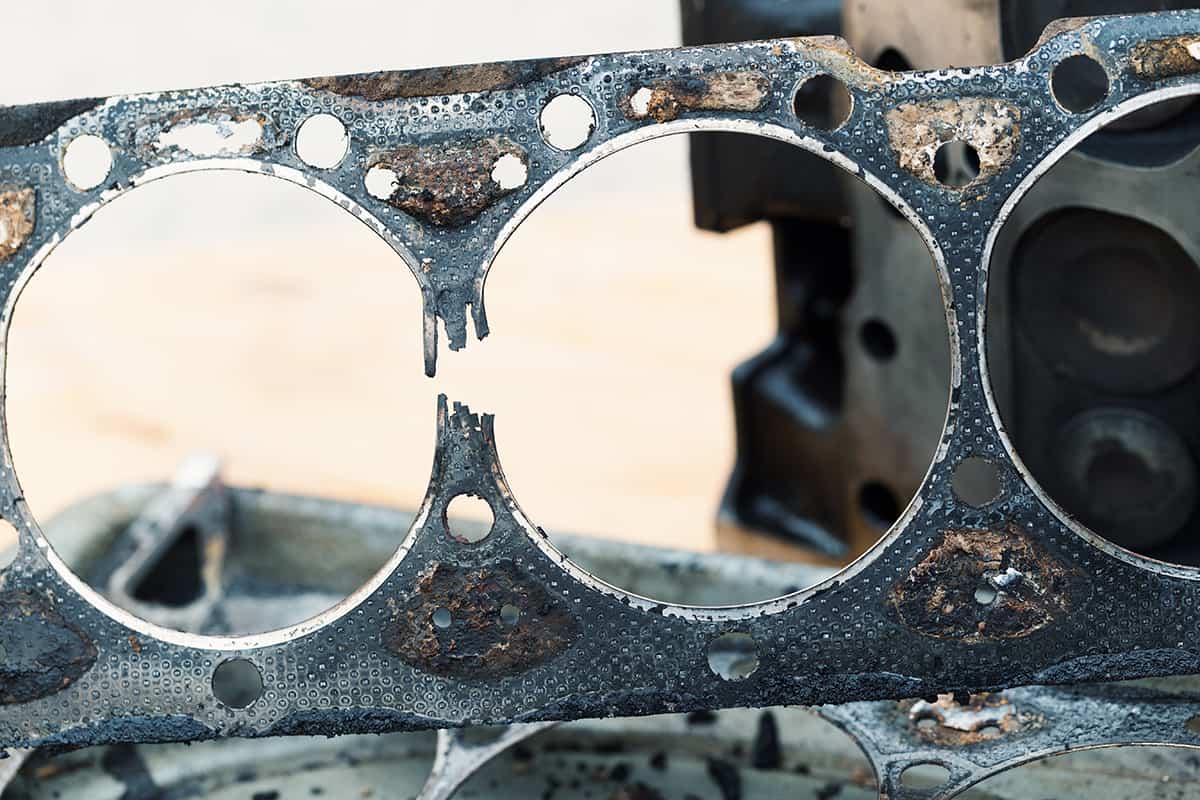
A head gasket failure can result in several problems, including:
Engine Overheating
The engine may have overheated excessively before the head gasket failed, but the engine will also overheat if the head gasket blows. An overheating engine might be the consequence of hot exhaust gases leaking into the cooling system. It can also be because of coolant leaking into the cylinders and being burned off as steam.
Driving an overheated car can distort the alloy cylinder head. Additionally, steam damage to the catalytic converter can greatly increase the cost of repair.
Engine Power Loss
Compressed air or fuel can escape from a cylinder's head gasket, reducing the cylinder's compression. This decrease in compression causes the engine to run rough and significantly reduces engine output. Usually, a sound resembling an exhaust leak is present along with this kind of failure.
Oil Contamination
The milky sludge that is sometimes jokingly referred to as a milkshake on the underside of the oil filler cap or the dipstick is one of the most well-known symptoms of head gasket failure. The oil and coolant mixing is what causes this.
While not definite evidence of head gasket failure, this is typically a good indicator and a sure sign that you need to disassemble your engine to identify the source of the contamination.
White Smoke
Large clouds of sweet-smelling white smoke usually emanate from the exhaust when a head gasket fails.
The reason for this is that antifreeze is leaking past the gasket and into the cylinders, where it is converted to steam during combustion.
A blueish smoke might result from a less frequent but conceivable leak from an oil channel into the cylinder.
Leaking Coolant Or Oil
A simple coolant or oil leak may be the result of a failed head gasket between the engine's water or oil route and the engine's exterior. Although less dangerous than a blown head gasket, this condition is nevertheless significant.
If the coolant level is allowed to go too far, it may not immediately present a problem, but it may cause major engine problems. The hot exhaust could become contaminated by leaking oil, causing noxious smoke and even fire.
What To Do When You Suspect Head Gasket Damage?
The simplest approach to preventing a head gasket failure is to make sure your cooling system is in good condition.
Frequent overheating or driving after the car has overheated typically causes head gasket failures. If your car does begin to boil over, stop, let it cool for at least an hour, and then refuel it.
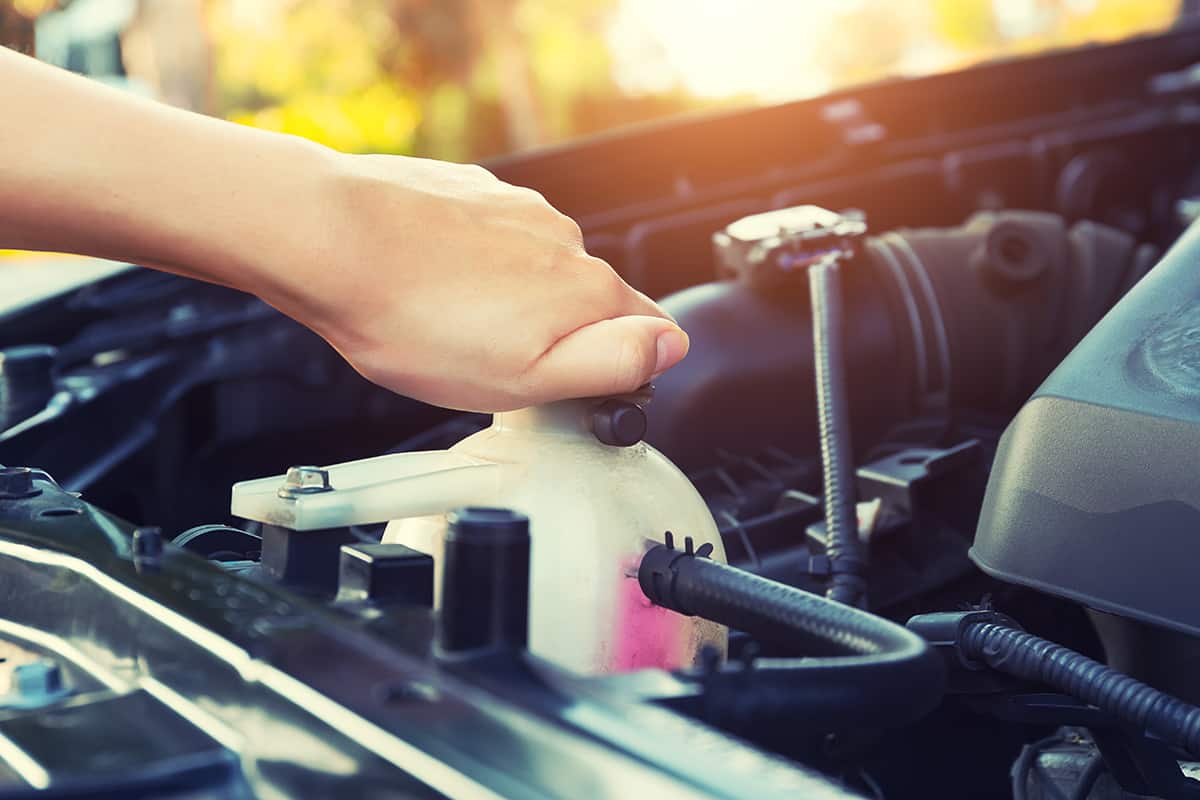
The more scientific approach is to look for combustion fumes in the cooling system if you have a suspicion that the head gasket has failed. This method will demonstrate whether compression has spilled into the cooling system and, consequently, whether the head gasket has blown.
Should You Regularly Check the Oil in Your Car?
Yes, you should! There won't be any risk of friction when the engine has enough oil because the moving parts will be well lubricated.
On the contrary, when the oil is dirty or low—due to a change—it may not adequately lubricate the engine's moving parts. As a result, they will grind against each other and make noise, both while the engine is running and after it has been shut off.
So always check the amount of your engine oil at regular intervals and never miss an oil change.
How Do Loose Parts Cause The Vehicle To Produce Clicking Sounds?
If you have loose engine parts, they will either shatter or crash with nearby engine parts. And when they collide, you will undoubtedly hear a noise.
Depending on how far you drove your vehicle, all of the engine's components were active and kept running continuously when the engine was working.
Therefore, when you turn off the engine, the loose parts try to return to their original positions or state, producing clicking sounds.
How To Know If Your Starter Is Broken?
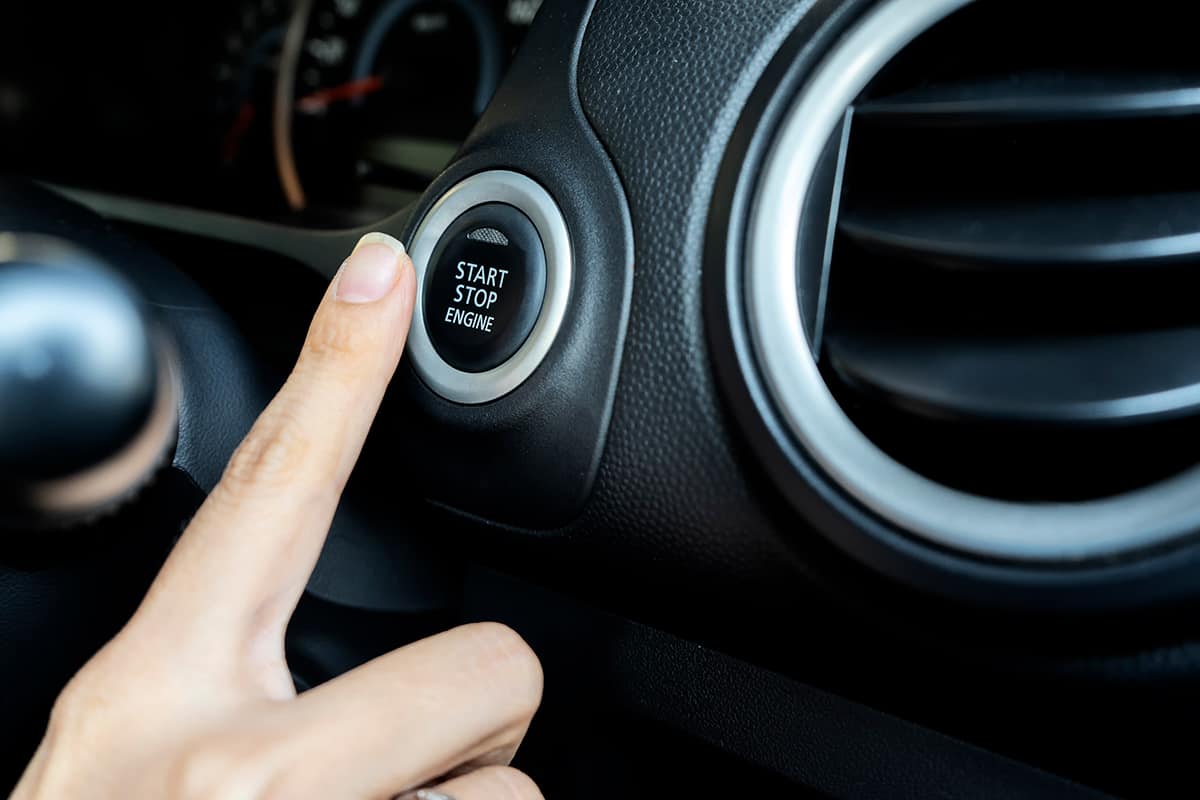
If there was only one loud clicking sound coming from under the hood, the starter is probably broken. When you try to start the car, you will hear a single click from the starter, but it might still function.
If your starter is defective, it won't take long before your car is utterly unusable. It's crucial to consult a specialist to remedy the problem before this occurs. If your car has already broken down, you might need to tow it to the mechanic.
What Does It Mean When You Hear A Rapid Clicking Noise?
When trying to start your car, a loud clicking sound may indicate an issue with the electrical system. It's possible that your battery is dead or that the alternator, which charges the battery, is malfunctioning.
The starter, a small motor powered by the battery that starts the engine, is unable to maintain power if the clicking noise is electrical in origin. Instead, it makes a clicking sound and switches on and off quickly.
What Could Be Wrong When There Is A Clicking Sound When Turning?
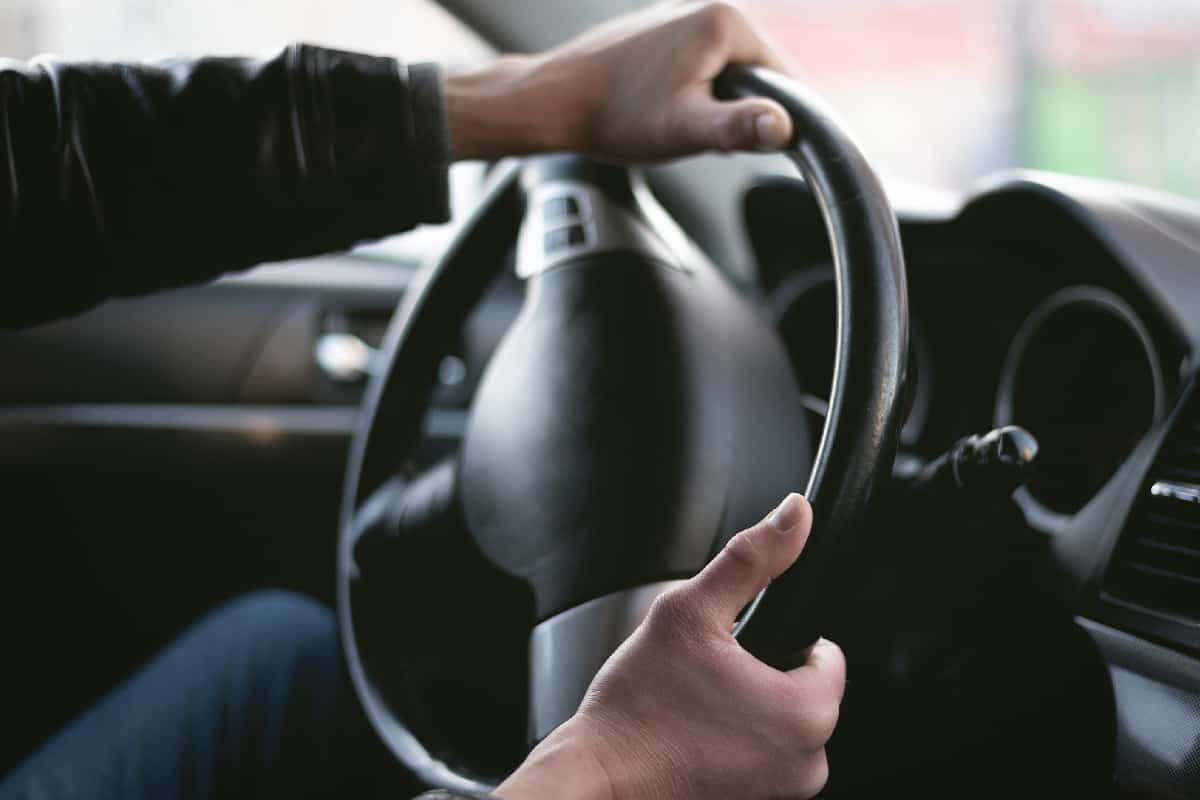
A constant velocity, or CV, axle is the most likely suspect if you find that the clicking sound is loudest when you turn your car. With the aid of bearings, CV axles enable a vehicle's transmission to drive the wheels of the vehicle.
A torn shaft boot on one of the CV axles is presumably what's making the clicking noise. Damaged shaft boots start to leak oil, and there is no grease to prevent the components from becoming dry and clicking together when they come into contact.
Final Words
After turning off the engine, it is normal for vehicle parts to cool down and get back to their original shapes. That's why when you hear a clicking noise that is not loud, you shouldn't worry too much.
However, if the clicking sound is loud, then you should let a mechanic check it out.
If you enjoyed this post, you can check out our others!

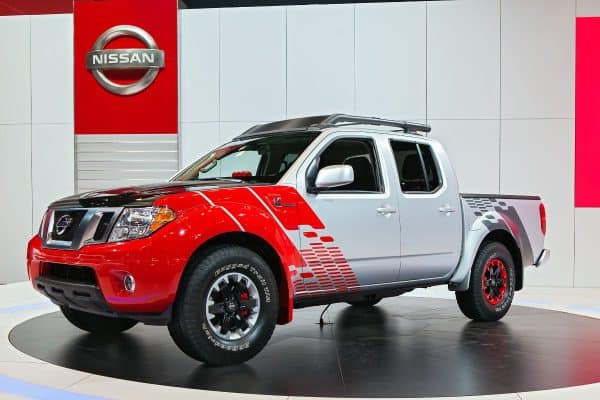
![Portrait of middle aged bearded truck driver standing by the truck and showing his commercial driver license. Focus on CDL license. Truck driving school and job openings, Do You Need A CDL To Drive A Box Truck [By State]](https://veasks.com/wp-content/uploads/2022/11/PORTRA1-600x400.jpg)
